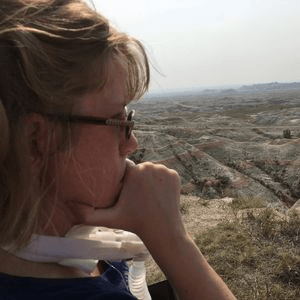We were lucky to catch up with Kristin Secor recently and have shared our conversation below.
Kristin, thank you so much for joining us today. Let’s jump right into something we’re really interested in hearing about from you – being the only one in the room. So many of us find ourselves as the only woman in the room, the only immigrant or the only artist in the room, etc. Can you talk to us about how you have learned to be effective and successful in situations where you are the only one in the room like you?
As someone who was born with a physical disability and mobility problems, I learned at an early age that I was different. Unfortunately, growing up in the 1980’s I also learned that being different wasn’t a good thing. People with disabilities were often sent away to institutions or separate areas. As a result, I tried to hide my differences and just “blend in” as much as possible. I saw my disability as a detriment rather than an asset.
Even as a young adult, I didn’t embrace my disability. It had worked so well just blending in that I didn’t want to rock the boat. This really affected my confidence level. I was just the quiet girl who was happy to be a part of something. I never offered an opinion or did anything to be noticed.
It really wasn’t until I started working professionally that this became a problem. My coworkers wanted to know me and I had to be authentically myself to make a difference in my role as a mental health counselor. These new demands created a huge internal conflict because I had spent my life doing the exact opposite.
Change didn’t happen overnight. I had to consciously put myself out there (speak up more, offer opinions, have a voice). It was definitely a slow process but luckily I had the support of my coworkers and friends.
Then in 2017, my health and disability worsened. I was told by my doctors that I wouldn’t be able to return to work and do the job I had fallen in love with. I literally had to fight for my life and do my best to regain any type of strength I once had. It was very overwhelming and I was essentially going through the motions.
Any confidence that I had built from my job was now all up in the air. It took three years for me to get to a place where I wanted to begin to find my purpose again.
While I could no longer work as a mental health counselor, I knew I still wanted to help others. Eventually, after a lot of reflection, I decided to combine this desire with one of my other passions (travel). That is how World on Wheels Blog was born.
However, I still had some doubts about my abilities. I knew I had experience traveling but now that my disability had progressed and I was using a wheelchair, I wondered if I had enough experience to really help others.
It made me reflect on my life and my slowly progressive disability. After many conversations with the disabled community (which I was beginning to embrace more and more after accepting my own identity), I realized that its impossible for one person to know everything but that I did have unique experiences and knowledge that would be beneficial to a lot of other people.
This is really when I began to see my disability as an asset rather than a detriment. I was becoming more confident in who I was as a woman with a disability and understanding that my lived experience gave me a perspective that others didn’t have.
Today, I have a stronger voice and work to advocate for more inclusive travel experiences. Additionally, I use my knowledge and expertise to help let other people with disabilities realize that accessible travel is possible while providing helpful information and resources to make planning travel with a disability easier.
I have learned to accept myself and have more confidence that my voice and opinions matter. While it was a journey to get here, I now use the life lessons I’ve learned to help make a difference in the world and in people’s lives. I no longer hide myself away but rather put myself out there on the internet to show others what is possible.
I strive to be the person who would’ve been helpful to me when I was younger. Someone who represents a community of people who are wheelchair users and have mobility problems and normalizes that life.
I have learned to fight for change and what I want versus accepting the status quo. With more confidence and purpose I have found my voice, and I will never be silenced again.
However, I’ve also realized that people without disabilities often just don’t realize how the world is different for them compared to us. So, I try to approach situations with compassion and offer education to increase awareness. If I were to just be angry and demand change, it wouldn’t go over well. Instead, I try to help them see the world from our perspective and make it more relatable to them because this is not only better received but also creates a desire for them to help make the world better as well.
If we can focus more on our similarities than our differences and create connections with each other, that is a much more powerful and effective way to make changes in the world around us.
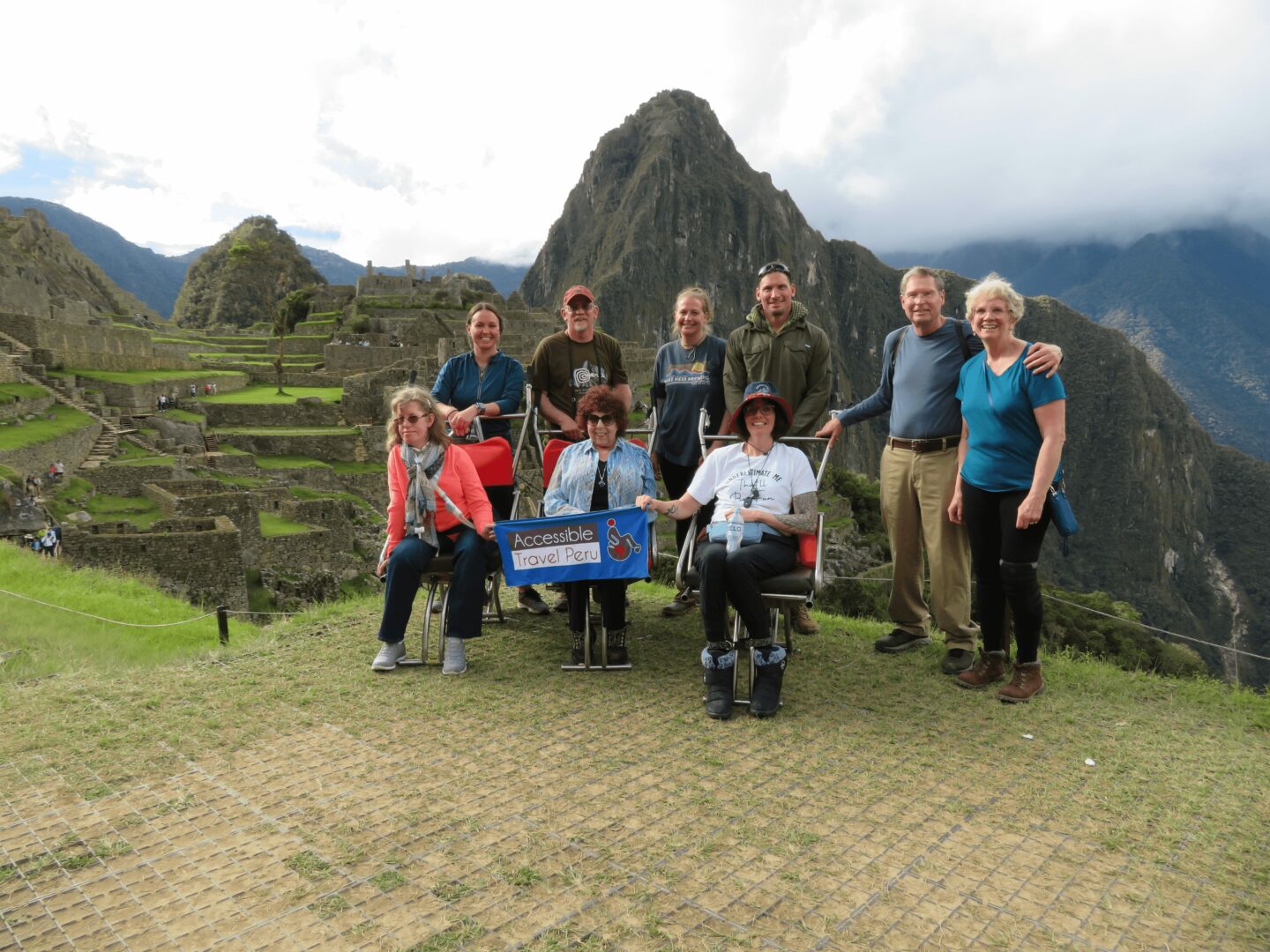
Let’s take a small detour – maybe you can share a bit about yourself before we dive back into some of the other questions we had for you?
As an advocate and accessible travel blogger, my goals are to inspire people of all abilities to travel and help them feel more confident in the process.
Many times people are overwhelmed and anxious at the thought of traveling as a wheelchair user or with mobility problems. I show them (through my own travels) the successes and challenges of traveling in a wheelchair. Additionally, I help educate about how to avoid problems and their rights and offer accessible travel tips.
This information is geared at helping them to plan their own accessible trips. But for those who are still nervous or would feel more comfortable traveling with others, I also organize accessible small-group tours. These are designed to help people travel to their bucket list destinations while receiving support and coaching to make it less overwhelming.
I love what I do and the feedback that I get. I have had people who thought that they’d never be able to travel again regain hope. Furthermore, I have offered guidance to help make people’s dreams a reality. It’s incredibly rewarding.
If you want to join one of my accessible small group tours, we have several opportunities for 2025 including a trip to Salzburg, Austria and Northern Italy. Additionally, there will be two more 2025 trips announced soon. Everyone is welcome.
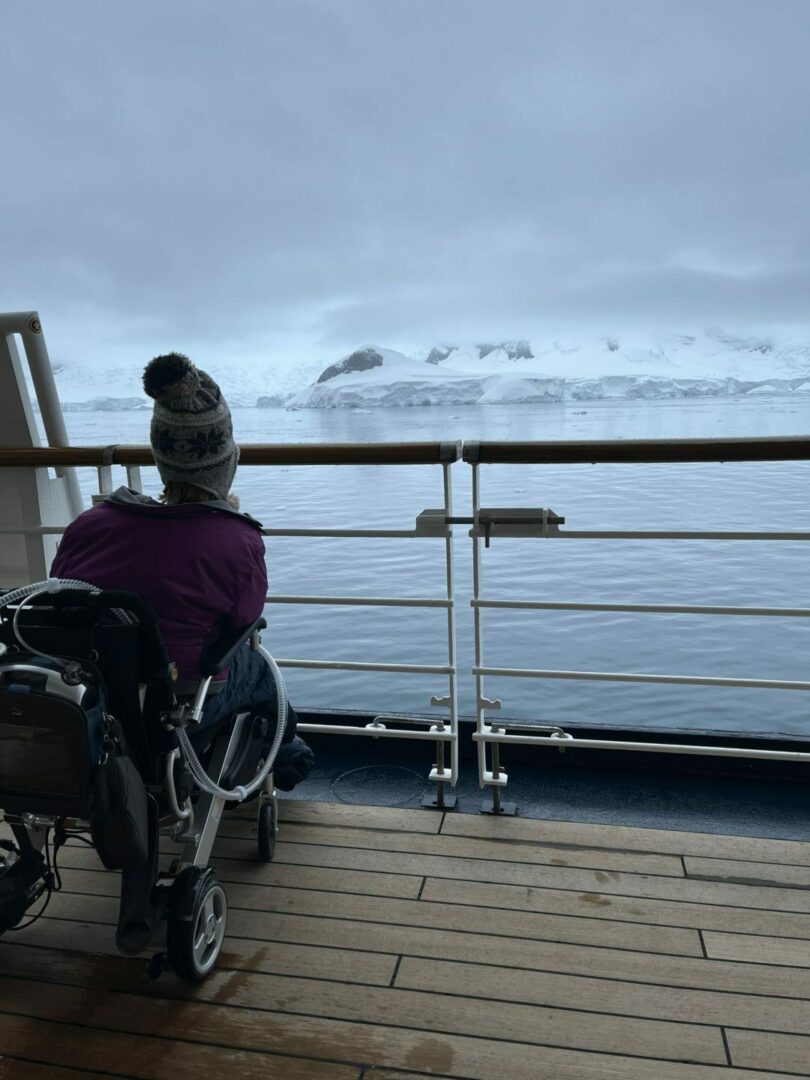
There is so much advice out there about all the different skills and qualities folks need to develop in order to succeed in today’s highly competitive environment and often it can feel overwhelming. So, if we had to break it down to just the three that matter most, which three skills or qualities would you focus on?
The three skills that have been most impactful in my journey are:
1. The ability to connect with others
2. Understanding underlying fears or concerns
3. Problem solving in unique ways.
By connecting with others, I have been able to form relationships and bonds that have led to my own personal growth and awareness to get me to where I am today. In addition, these connections also allow me to spread my message of the importance of inclusivity and better understand the needs of the community I represent.
Likewise, my education and skills I developed becoming a mental health counselor have allowed me to recognize not only what people say they need but some of their underlying needs as well. This skill has allowed me to anticipate the needs of others and address them (sometimes before they were even aware of their needs).
It has also helped me be more comfortable in addressing someone’s anxiety. For example, instead of just saying, “don’t worry about it” I am able to validate concerns and provide tools to help someone manage their anxiety. This comes in very handy when someone is scared to travel for fear that their mobility device will be broken or something bad will happen.
Finally, as someone who is disabled, my whole life has been about problem-solving. If I am unable to do something the “normal” way, I have to figure out alternative ways to accomplish the same task or goal. Sometimes it takes multiple attempts, but I’m able to analyze what didn’t work and why, to try to find alternative adaptations or ways to achieve the same or similar desired outcome.
Now only has this been beneficial for myself, but it also allows me to help others complete the same process to help them reach their goals as well.
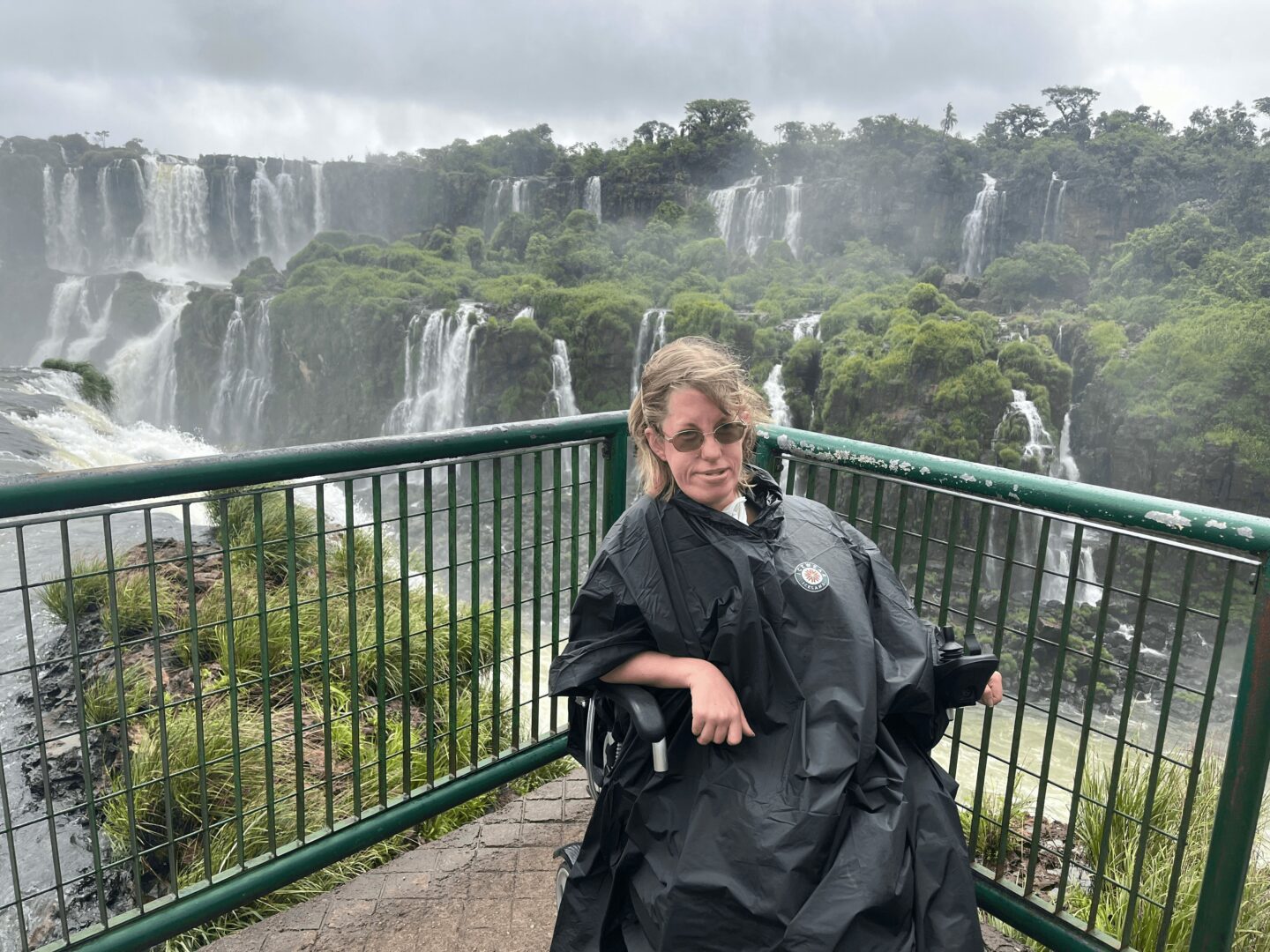
Who is your ideal client or what sort of characteristics would make someone an ideal client for you?
My ideal client is someone who has a physical disability (that they are either born with or acquired at some point in life) who wants to follow their dreams of traveling. They may be new to traveling with a disability or have some experience but desire more information. Similarly, an ideal client may also be someone who is experiencing decreased mobility due to age or other health conditions but does not necessarily identify as being disabled.
In each case, the person would have a desire to travel but may need some support or information to facilitate them in achieving this goal.
Contact Info:
- Website: https://worldonwheelsblog.com
- Instagram: https://www.instagram.com/worldonwheelsblog/
- Facebook: https://www.facebook.com/profile.php?id=100073853057823
- Other: Accessible Explorers Facebook Group
https://www.facebook.com/groups/839448481357947
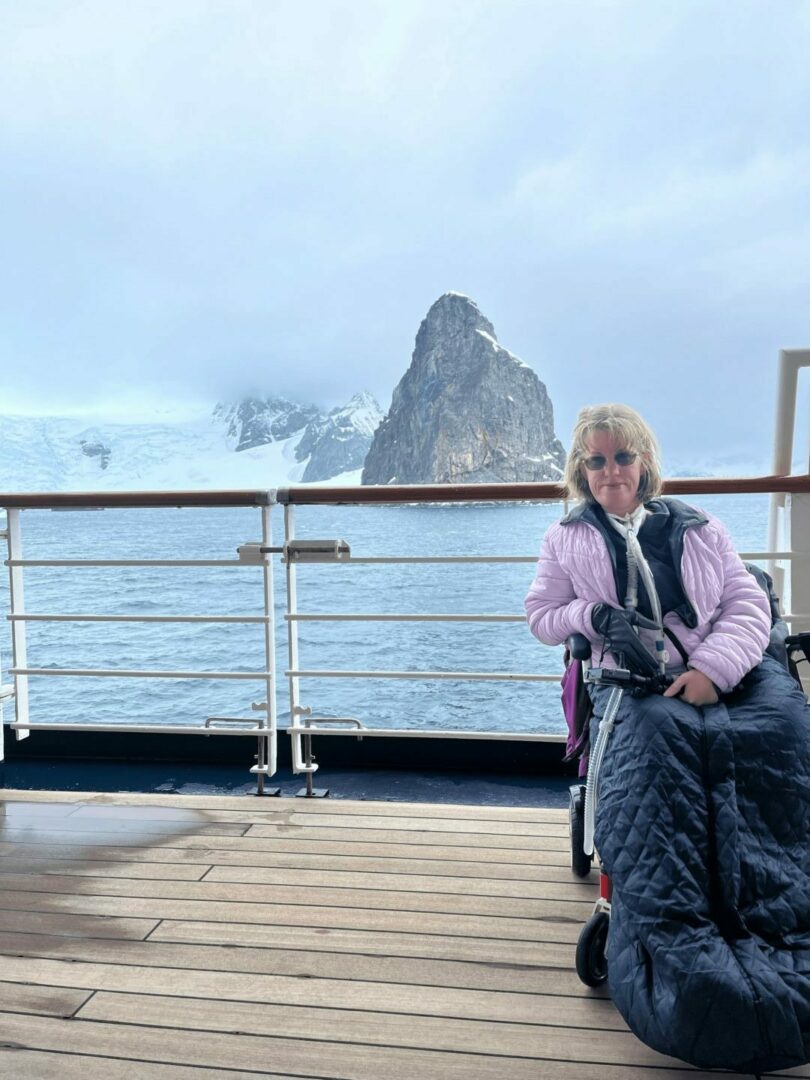
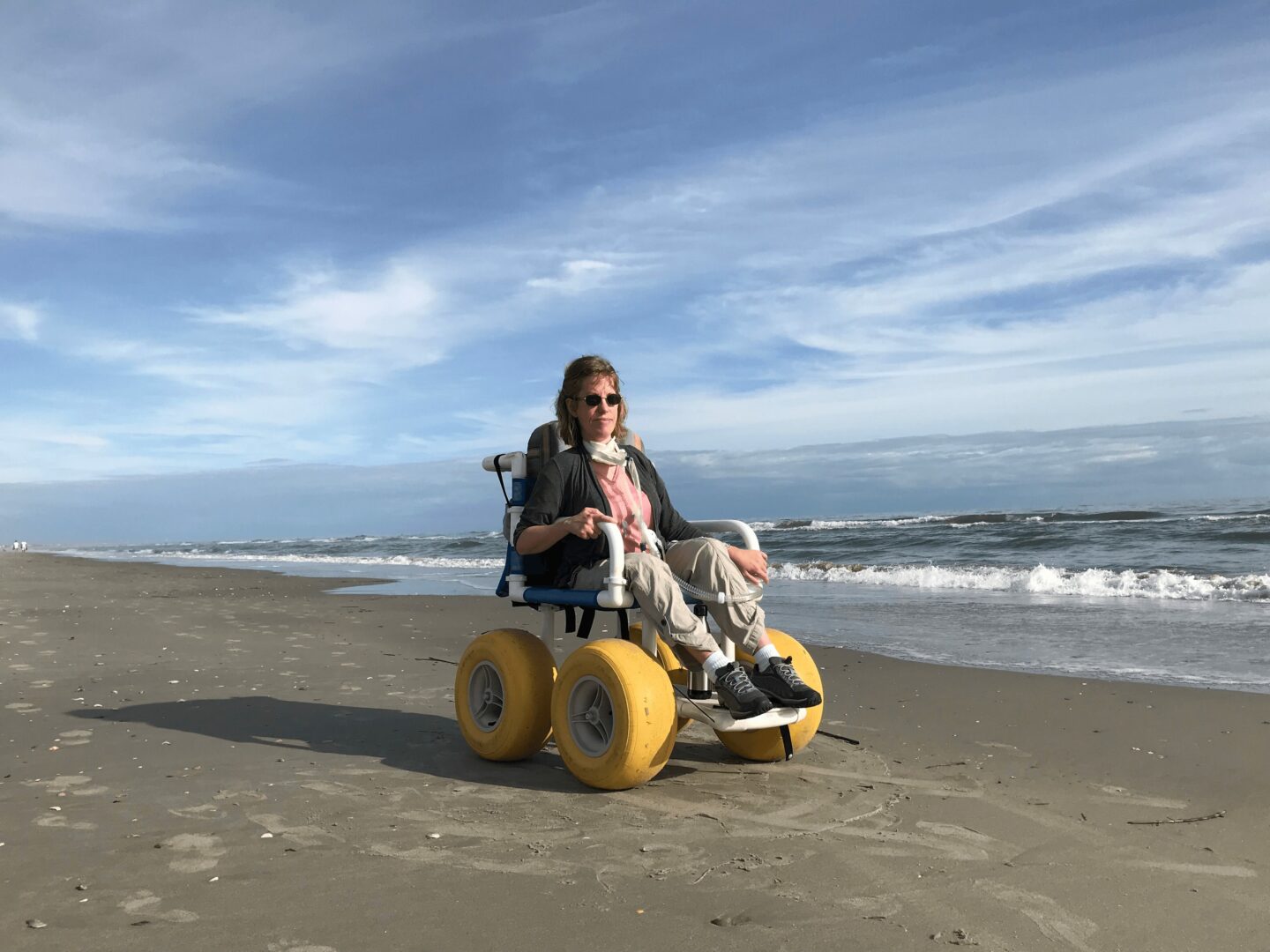
so if you or someone you know deserves recognition please let us know here.

